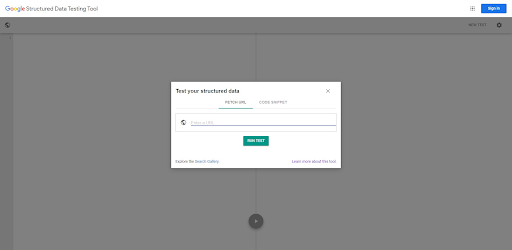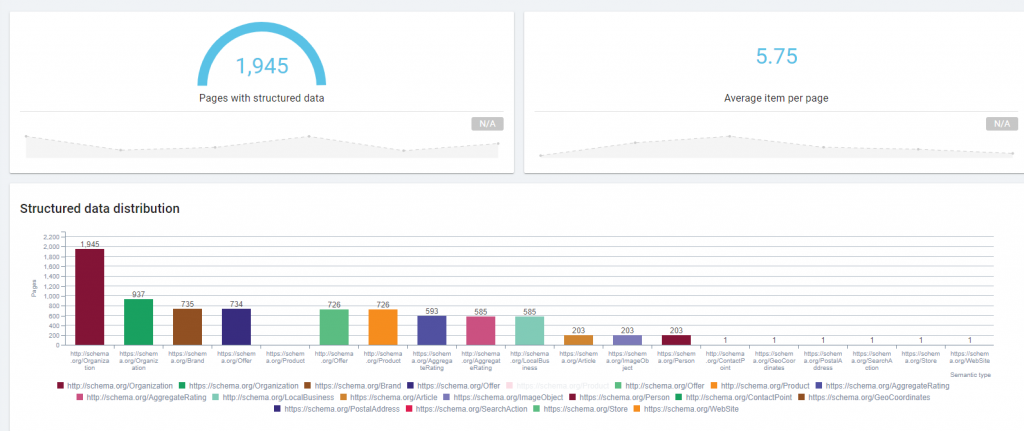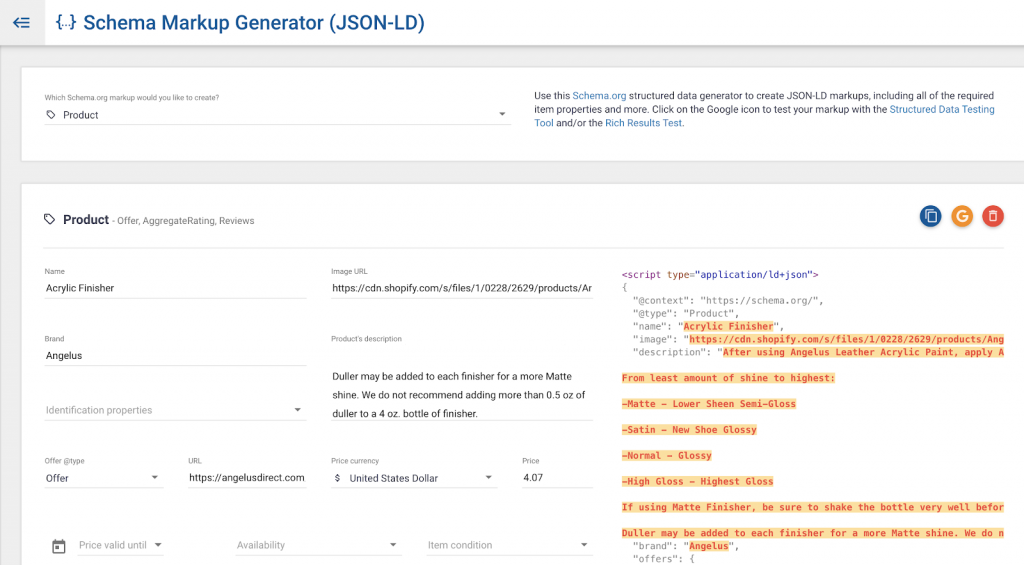Structured data, the standardized format for classifying web content, will be more important to SEO than ever in 2020.
Unfortunately, many websites still have data in an unstructured format, which search engines might not understand. Here’s why—and how—I recommend you make the switch to structured data ASAP.
Why is Structured Data so Important?
The web is made up of over 4.5 billion pages, which is hard for even Google to analyze, despite having servers all over the world. There’s simply too much data.
Structured data, on the other hand, helps feed information to Google and other search engines, so they don’t have to go out and crawl and analyze pages to find it. And when you give search engines information in a format they understand, they can update your content faster.
For example, AngelusDirect.com says it sells the world’s best leather care products and sneaker accessories. Since it is an online retailer, it’s critical AngelusDirect.com has product schema.
Thankfully, it does.
Its acrylic finisher, for example, is listed for $4.07 and has 365 5-star reviews. That’s great.
But let’s say AngelusDirect.com decides to raise the price to $6.50 because demand is high and consumers will pay more for the quality product.
With product schema, Google may pick up the new price much faster and can update it in real time once they pick up the new changes. Without it, AngelusDirect.com would have to wait for Google to crawl the page again. In the meantime, potential customers might see and/or expect the older, lower price, which could yield a bad user experience.
The Benefits of Structured Data
But structured data isn’t just about keeping prices up-to-date.
If it is properly implemented on your site, you could see more organic traffic, more qualified leads and more conversions. Here’s how:
Rich snippets, which are answers directly in search results, take up valuable search engine real estate and, as a result, they get more clicks. This is especially true if you have great product reviews. If that’s the case, you could even see a bump in conversions.
Another bonus for featured snippets is in voice search. Voice assistants typically read only one answer to a user’s query—and that answer often comes from the featured snippet. So when you have the featured snippet, your content is likely to be the one and only answer to related voice queries.
How Can I Find Out If My Site Has Structured Data?
Luckily, there are many tools out there to help you determine if your site has structured data and to then test that structured data. This includes Google, which has a Structured Data Testing Tool. To use it, simply enter the URL and let Google figure out if the page has structured data, along with any errors or warnings.

Another option is from SEO platform Huckabuy.
Technical SEO crawlers like Oncrawl also provide detailed information on structured data.
Once you run the crawl in Oncrawl, go under HTML tags and click on Structured Data. From there, you can see how many of your pages have structured data. And since there are many different types of structured data, Oncrawl breaks it down further so you can see precisely what kind of structured data you have, like Organization Schema, Product Schema, Ratings and more.
This is valuable information to have. If you have an ecommerce site that does not have product schema on your sneakers page, for example, you’ll know right then and there and can add it to the product page templates to improve clicks and impressions and get more targeted traffic.

How Can I Add Structured Data to My Site?
The Schema.org vocabulary is constantly evolving. There are 615 Schema.org Data Types, or labels that describe content, to choose from. Managing this can be a challenge, but there are solutions to help create a schema markup strategy and automate all your code.
There are many solutions to create and manage your structured data. One way to do this is from Schema App, a suite of tools that doesn’t require digital marketers to be experts in the Schema.org language or to know how to write code.

Wrapping Up
Having structured data as part of your SEO strategy is a win-win for 2020. Any time you can give search engines content in a way they can understand, you help them help you improve organic performance. Google has been showing a lot of rich snippets in search engine result pages over the past few years. Optimizing your content to make your website appear as featured snippets or rich snippets can get your site more traffic, clicks, impressions and conversions.

